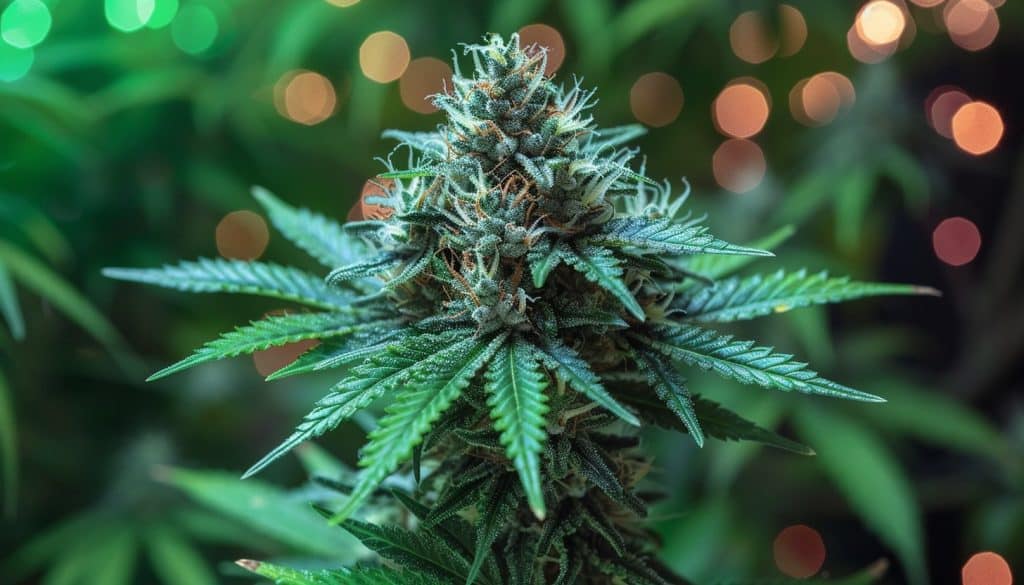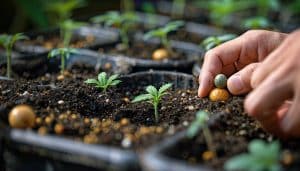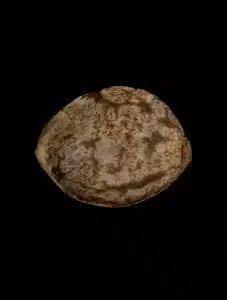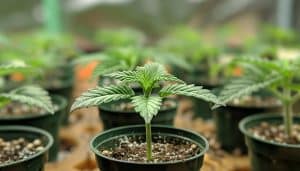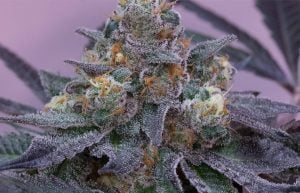When growing cannabis, finding seeds during the harvest period can raise questions. Is it the right time to harvest? What implications does this presence have on the quality and quantity of your production? This detailed guide aims to explore the different facets of harvesting cannabis plants in the presence of seeds.
Identifying seeds in your cannabis plants
Detect the presence of seeds in your plants of cannabis is a crucial first step. These seeds are often formed when a female plant is pollinated by a male or when stressful conditions cause hermaphroditism in some female varieties. A thorough visual inspection is necessary, especially around flowers which typically harbor these seeds. Signs include bulbs that are thicker and hard to the touch compared to sections that are simply resinous and flowering.
Tips for Extracting Seeds
If there is an intention to preserve these seeds for future crops, one must be methodical. Use precision tweezers to gently remove each seed without damaging the flower’s surrounding structure. This not only ensures the seeds are preserved for later use but also minimizes damage to the remaining flowers, which may still contain some cannabinoid value.
Impact of seeds on quality and harvest
The presence of seeds in your cannabis plants directly influences the overall quality of your harvests. On the one hand, a high number of seeds can indicate significant pollination, often resulting in a lower concentration of THC in the flowers. On the other hand, the plant’s resources being divided between the production of resin and that of seeds, potency and flavor can also be modified.
When to harvest if seeds are present?
The decision to harvest should not only take into account the presence of seeds but rather their state of maturation as well as that of the plant’s trichomes. A magnifying glass can be useful to examine these small crystals on flowers and leaves, which change from clear to an amber color when ripe. If the seeds appear well formed and the trichomes at optimal maturity, then it would be wise to proceed with harvesting.
Techniques to Maximize Quality Despite Seeds
If you discover seeds while your plants are flowering, several techniques can be applied to protect and potentially increase the quality of the remaining crop. Adjusting lighting can reduce stress on plants and promote optimal development. Likewise, careful attention to watering and feeding can help maintain the overall health of the plant, accentuating resin production until the end of the growing cycle.
Plant stress management
Reducing plant stress is essential to prevent excessive seed formation. A stable growing environment without drastic variations in temperature or humidity is ideal. Also make sure your plants have enough space for adequate air circulation, which helps prevent pest infestations that can increase stress on the plant.
- Maintaining a good light regime adapted to the stage of growth
- Precise humidity and temperature control
- Rational use of fertilizers enriched with potassium to support flowering
Possible uses of collected seeds
Certainly, the presence of seeds can be an unwanted signal for some growers; However, these seeds are not lacking in uses. Not only can they be used to propagate generations of cannabis, retaining the desired traits, but they also represent a secondary source of income if sold. In addition, cannabis seeds offer interesting nutritional benefits because they are rich in essential fatty acids.
Preservation and storage of seeds
For those who choose to save their seeds, proper storage is vital to maintain their viability. They should be stored in a cool, dry, dark place. Airtight containers away from direct sunlight are recommended to extend their lifespan and ensure efficient germination when replanted or sold.
Summary of key harvest stages
In partial conclusion, managing the harvest in the presence of seeds requires a refined understanding of the life cycles of plants and requires a nuanced response adapted to each specific case. Rapidly recognizing the presence of seeds, adjusting cultural practices, and strategically using harvested seeds and plants offers the opportunity to optimize your production, despite the challenges presented.
